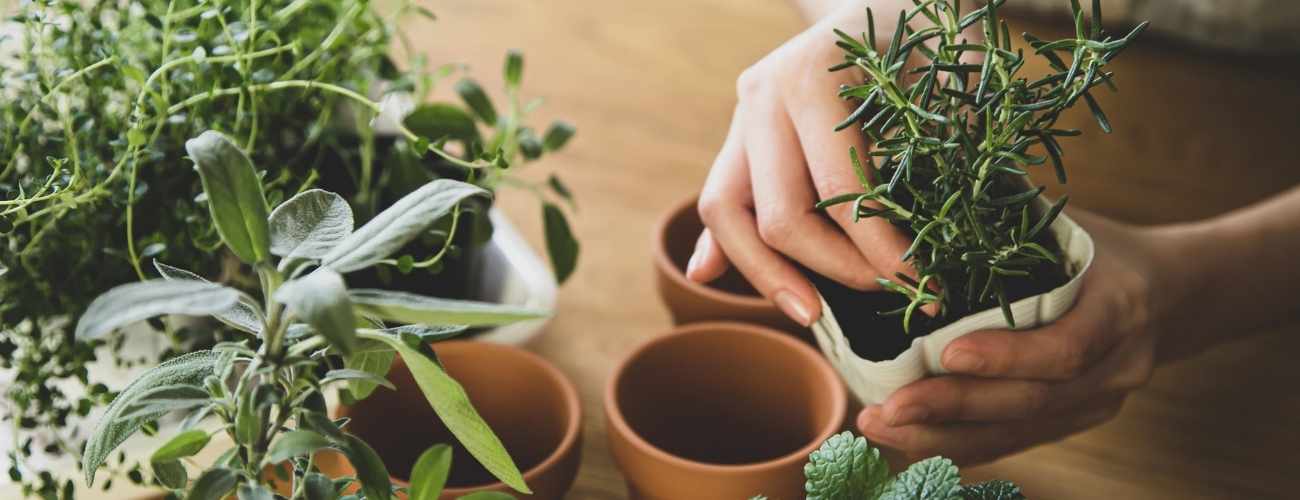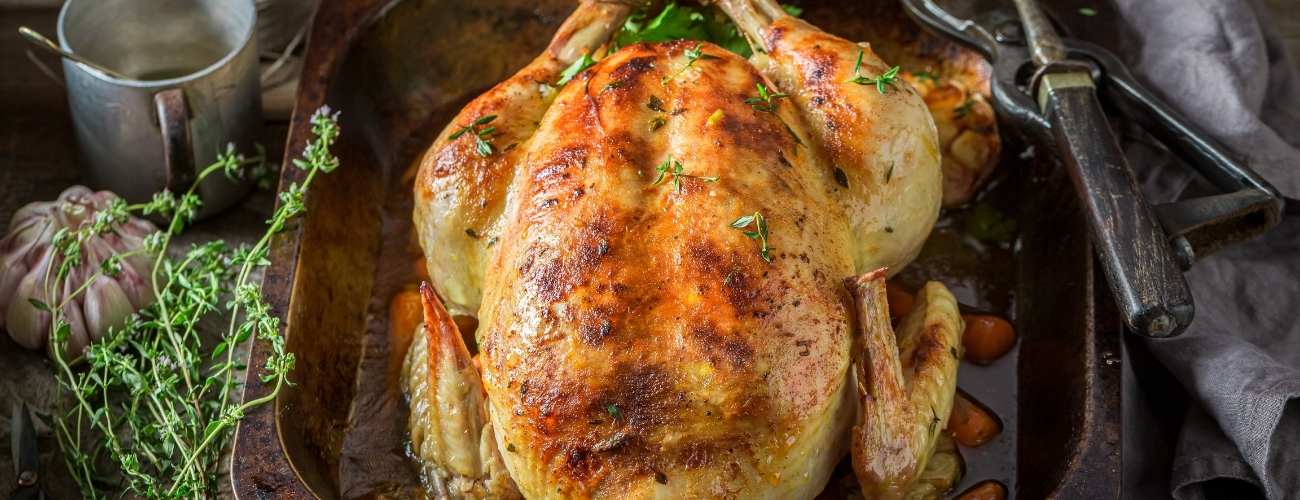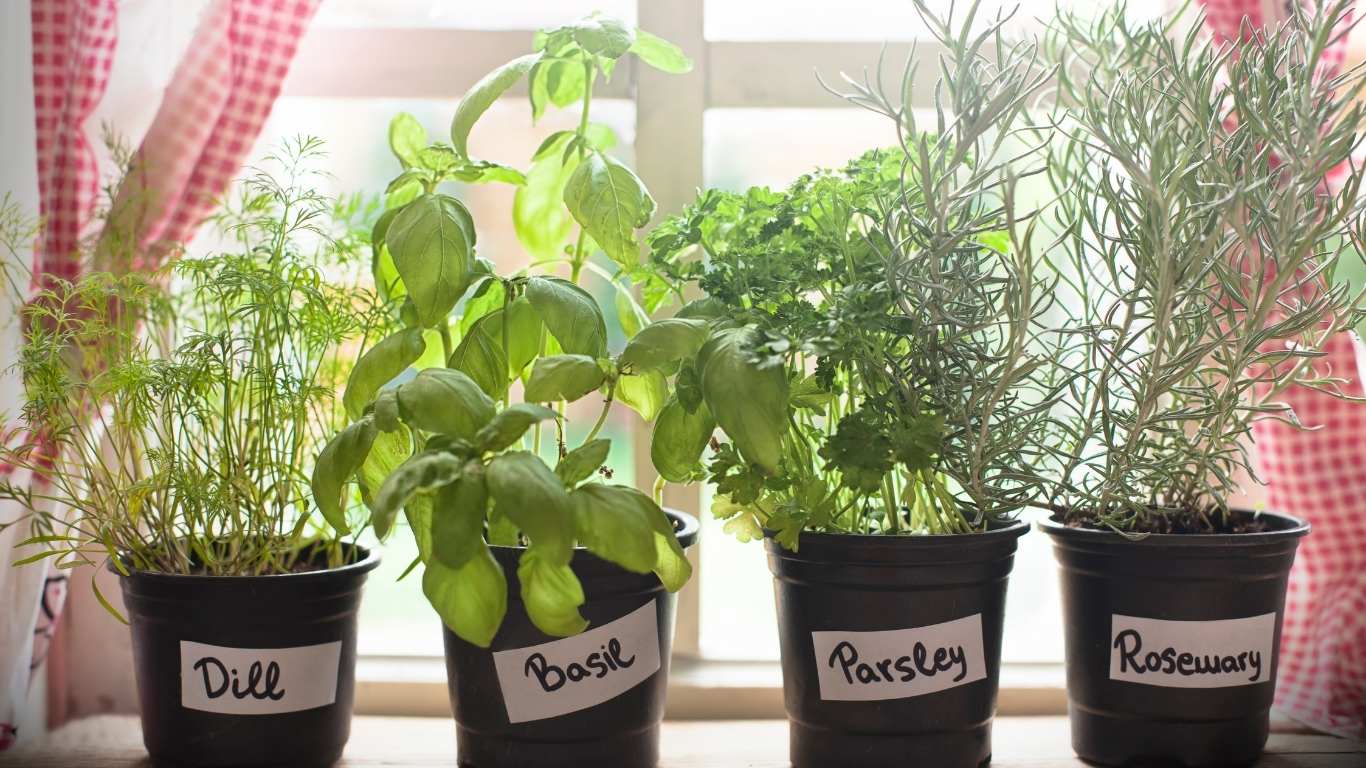Hello there, fellow gardening enthusiasts and busy parents! Welcome to my corner of the gardening world, where I’ll unveil the secret to infusing incredible flavours into your family meals. I’m not just your average gardener; I’m a mom who knows that family dinners become unforgettable with a touch of homegrown magic.
In my view, the heart of a home resides in its kitchen, and the soul of that kitchen is its herbs. The freshness and vibrancy of homegrown, organic herbs can elevate your dishes to new heights. Whether it’s the aromatic basil in a pasta sauce, the refreshing mint in a salad, or the comforting thyme on roast chicken, herbs can transform everyday meals into culinary delights.
This blog post is your ticket to a hassle-free herb gardening experience right in your backyard or windowsill. These herbs are tailored to thrive in the UK climate, making them perfect for busy parents like you. We’ll delve into herb selection gardening tips. I’ll even share some cherished family-friendly recipes that leave your loved ones craving more.
So, let’s embark on this herb-growing adventure together and discover how to create unforgettable family meals, starting with your herb garden. Are you ready to get started?
1. The Joy of Homegrown Herbs
Picture this: stepping into your garden or even just to your windowsill, plucking fresh leaves of basil, mint, or thyme, and then infusing your dishes with their vibrant, aromatic goodness. It’s a satisfaction that goes beyond words; it’s what homegrown herbs are all about.
When I first began my herb garden, I was amazed by the depth of flavour that fresh, organic herbs brought to my cooking. There’s simply no comparison to the limp, store-bought alternatives. Homegrown herbs are packed with fragrance and taste, making your meals truly exceptional.
Beyond enhancing your culinary creations, tending to your herb garden can be a therapeutic escape from the hustle and bustle of daily life. It’s a moment of peace, a connection with nature, and a rewarding hobby.
Whether you have a sprawling garden or a tiny windowsill, you can experience the joy of homegrown herbs. In the upcoming sections, I’ll help you select the right herbs for your UK garden and nurture them. You’re on the cusp of creating memorable family meals that will have everyone asking for your secret ingredient.
Now, let’s delve deeper into the wonderful world of herbs and get you started on your herb-growing journey.

2. Choosing the Right Herbs
Now that you’ve glimpsed the joy that homegrown herbs can bring, it’s time to explore the world of herb selection. Not all herbs are created equal, and choosing the right ones for your garden is crucial to this flavorful journey.
For a UK-based garden, we’re fortunate to have a climate that suits a wide range of herbs. Here are some easy-to-grow herb options that thrive in our weather:
Basil: This aromatic herb is a must-have for any kitchen. It loves warmth and sunlight, making it perfect for UK summers. Plus, the smell of fresh basil is simply divine.
Mint: Mint is a resilient herb that could quickly become a valued companion in your garden. It’s known for its refreshing flavour and is excellent for teas, cocktails, and garnishes.
Thyme: This herb can withstand cooler temperatures and adds a warm, earthy flavour to dishes. It’s a perfect companion for roasted meats and hearty stews.
Rosemary: Rosemary is a fragrant herb that thrives in the UK climate. Its woody stems and needle-like leaves make it a standout in gardens and ideal for roasting and grilling.
Chives: Chives are incredibly easy to grow and add a mild, onion-like flavour to dishes. They’re perfect for garnishing salads, omelettes, and creamy soups.
When selecting herbs for your garden, consider your family’s favourite dishes. Do you cook a lot of Italian cuisine? Then basil and oregano are must-haves. Are you a fan of British classics? Thyme and rosemary will be your allies. These herbs will not only thrive but also elevate your cooking.
3. Getting Started with Herb Gardening
With a line-up of herbs tailored for your UK garden, let’s roll up our sleeves and dig into the nitty-gritty of herb gardening. It’s all about getting your hands a little dirty, but the results are absolutely worth it.
Soil Preparation: High-quality soil forms the cornerstone of a thriving herb garden. Herbs love well-draining soil, so ensure your garden bed or potting mix is loose and crumbly. Adding some compost or organic matter will provide essential nutrients.
Planting Techniques: Planting your herbs is the next step. For most herbs, give them enough space to spread their roots, usually around 12-18 inches apart. You can sow seeds directly or transplant young plants from a nursery. If you’re using pots, make sure they have drainage holes.
Sunlight Requirements: Herbs are sun-worshippers. They need plenty of natural light to thrive. Find a spot in your garden with at least 6 hours of sunlight daily. If you’re growing herbs indoors, place them near a sunny window. Check out my blog, which discusses whether you need grow lights or if the natural light in your house might be sufficient.
Watering Wisdom: When watering, herbs prefer to keep their feet dry. Overwatering can be a common mistake. Water them when the top inch of soil feels dry to the touch. Always water at the base of the plants to avoid wetting the leaves.
Dealing with Pests and Diseases: While herbs are relatively low-maintenance, they can still prey on pests like aphids or mildew. Keep an eye out for any unusual signs and address them promptly. A strong spray of water or a homemade organic spray can do the trick.
If you would like to learn more on organic pest control, I encourage you to read my blog on this topic.
Remember, gardening is a learning experience. Don’t be discouraged by a few bumps along the way. Each challenge you face will make you a better gardener. Also, I have written more comprehensive guide on how to grow herbs – check out my blog called, Herb Gardening: A Comprehensive Guide for Beginners.

4. Herb-Infused Family Recipes
Now that your herb garden is on its way to flourishing, let’s turn our attention to the truly delightful part of this journey. These culinary creations will leave your family’s taste buds dancing with joy. I will provide you with a selection of my cherished recipes that maximize the use of your homegrown herbs.
Mum’s Magical Basil Pesto Pasta:
Nothing says ‘fresh’ like homemade pesto, and when it’s made with homegrown basil, it’s truly magical. Simply blend fresh basil leaves, garlic, pine nuts, Parmesan cheese, and olive oil until smooth. Toss it with cooked pasta, and you have a dinner bursting with flavour.
Thyme-Roasted Chicken:
Try this roast chicken recipe with a twist for a comforting family meal. Before roasting, sprinkle fresh thyme over your chicken, along with some garlic and lemon. The aroma alone will have everyone’s mouths watering.
Minty Garden Pea Soup:
This minty garden pea soup is the answer when the weather calls for something light and refreshing. Fresh mint leaves add a delightful zing to this velvety soup. You can enjoy it with some crunchy bread for a tasty meal.
Rosemary-infused Potatoes:
Elevate your side dishes with rosemary-infused potatoes. Toss diced potatoes in olive oil, minced rosemary, salt, and pepper, then roast until they’re crispy and tender.
Chive and Cheese Omelette:
Breakfasts are never boring when you have chives in your garden. Add finely chopped chives to your morning omelette and some grated cheese for an extra burst of flavour.
These recipes are not just about making delicious meals but about creating memories around the dinner table. The fresh, organic herbs you’ve grown will take your cooking to new heights, and you’ll soon find that your family can’t get enough.

5. Maintenance and Harvesting
Now that you’ve explored the delightful world of herb-infused recipes, it’s time to delve into the essential aspects of maintaining your herb garden. After all, you’ll need to care for your herbs like their treasures to keep those aromatic flavours coming.
Harvesting Herbs: Harvesting is an art, and timing is everything. To get the most flavour from your herbs, it’s best to snip them in the morning when the oils are at their peak. Utilize sharp scissors or pruning shears to trim slightly above a leaf junction, which will promote denser growth.
Pruning Tips: Regular pruning is essential to keep your herbs thriving. Trim back leggy stems and any flowers that appear, as they can reduce the quality of the leaves. Pruning also helps your herbs maintain their shape and encourages fresh growth.
Preserving the Bounty: Sometimes, your herbs may produce more than you can use immediately. That’s when preserving techniques come in handy. You have the option to air-dry herbs by suspending them upside down in a cool, dim area, or freeze them in ice cube trays with a small amount of water. This way, you’ll stash homegrown herbs throughout the year.
Dealing with Pests and Disease (Again!): Watch for unwelcome guests in your garden. Aphids, slugs, and mildew can be persistent, but a watchful eye and quick action can save your precious herbs. Try natural remedies like neem oil or homemade garlic spray.
As your herb garden matures, you’ll develop a rhythm of caring for your herbs, harvesting them, and incorporating their freshness into your meals. It’s a cycle that connects you with nature and brings a unique satisfaction you’ll cherish.
In conclusion, your herb garden is not just a plot of plants; it’s a source of inspiration, flavour, and family bonding. It’s your secret to making every meal extraordinary and right at your fingertips. With a little love and attention, your herb garden will continue to reward you with the tastes and scents of the UK’s finest herbs.
As we conclude this adventure of growing herbs, I appreciate the chance to introduce you to the joys of nurturing organic herbs and incorporating them into your family’s meals. From the joy of nurturing herbs to selecting the right ones for your UK garden, we’ve explored the fulfilling process of bringing nature’s flavours to your table.
Remember, every step on this journey is a brushstroke on your culinary canvas, whether starting with a small windowsill garden or a sprawling backyard plot. Embrace the process, learn, and let your passion for herbs grow alongside your garden.
If you have questions, stories to share, or simply want to celebrate your herb-growing successes, I’m here to connect and support you.



